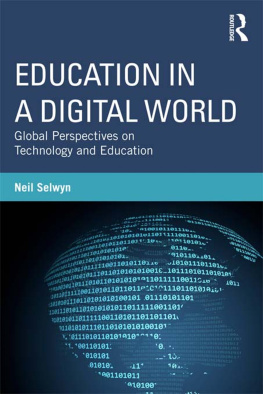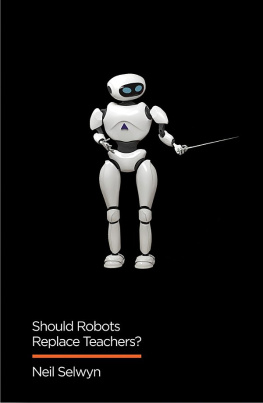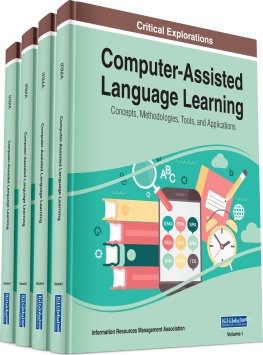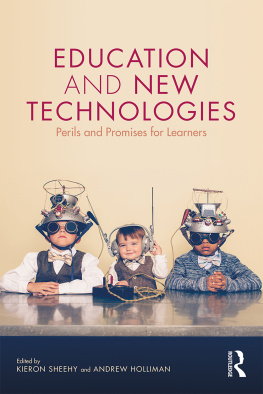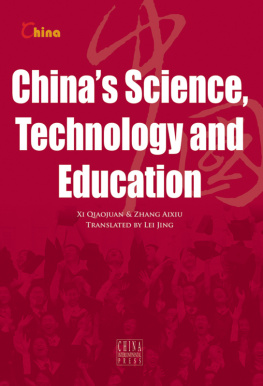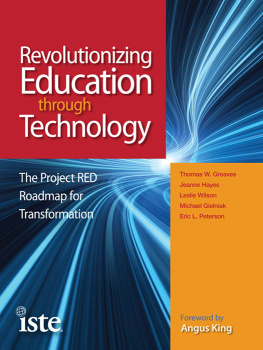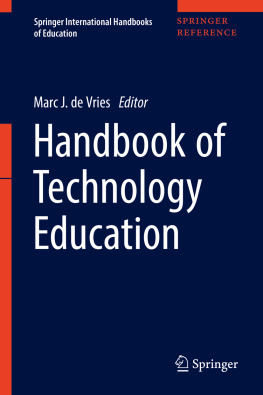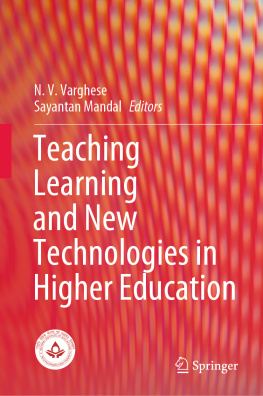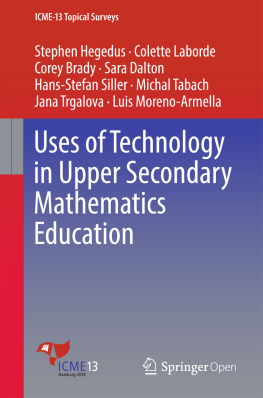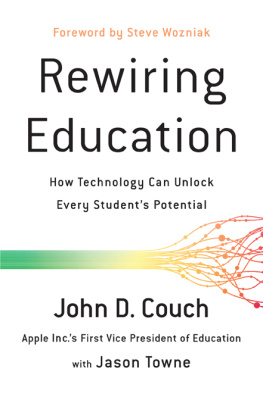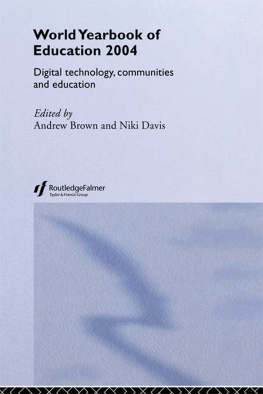First published 2002 by Ashgate Publishing
Reissued 2018 by Routledge
2 Park Square, Milton Park, Abingdon, Oxon OX14 4RN
711 Third Avenue, New York, NY 10017, USA
Routledge is an imprint of the Taylor & Francis Group, an informa business
Copyright Neil Selwyn 2002
The Author has asserted his right under the Copyright, Designs and Patent Act, 1988, to be identified as the Author of this Work.
All rights reserved. No part of this book may be reprinted or reproduced or utilised in any form or by any electronic, mechanical, or other means, now known or hereafter invented, including photocopying and recording, or in any information storage or retrieval system, without permission in writing from the publishers.
Notice:
Product or corporate names may be trademarks or registered trademarks, and are used only for identification and explanation without intent to infringe.
Publishers Note
The publisher has gone to great lengths to ensure the quality of this reprint but points out that some imperfections in the original copies may be apparent.
Disclaimer
The publisher has made every effort to trace copyright holders and welcomes correspondence from those they have been unable to contact.
A Library of Congress record exists under LC control number: 2002025868
ISBN 13: 978-1-138-36871-2 (hbk)
ISBN 13: 978-1-138-73401-2 (pbk)
ISBN 13: 978-1-138-36873-6 (ebk)
It is now taken for granted that the use of technology in education is a good thing. This reaction stems in part from the deeply-held and often voiced belief amongst many educators that information and communications technology (ICT) will transform and revolutionise teaching and learning processes. This trust amongst proponents of educational technology has solidified over the last two decades into an unquestioning orthodoxy that now pervades and colours most discussion of technology and education. To observe, for example, that personal computers have maybe not had the far-reaching and transformatary effect on schools that has been predicted over the last twenty years is likely to be met with a fair degree of hostility. Indeed, to challenge the technological orthodoxy is seen by many educators as heresy as somehow being obstructive and backward in ones thinking, to be part of the problem not part of the solution.
Of course, an uncritical faith in technology is not the sole preserve of educationalists. As Langdon Winner (1993) observes, the bulk of technological change in society has occurred in a social and intellectual vacuum and it would seem that the rise of educational technology has been no different. Since the microcomputers introduction into school and university classrooms towards the end of the 1970s, academic research into education and technology has often presented little more than an uncritical reflection of societal faith in technology. Whilst a positive approach towards technology is not in itself a disadvantage, it can be strongly argued that educational research has long been limited by an excessive technological optimism bordering on technophillia. Although a succession of authors have attempted to point out these fundamental shortcomings (e.g. Beynon & Mackay 1989, Kenway 1996, Young 1984, Kerr 1996) much educational technology research is still characterised by an underlying distrust and avoidance of theory coupled with an unwillingness to consider the social, political, cultural and economic aspects of ICT in educational settings. As Kenway (1996) concludes, social science research in this area has often been too micro-focused, with a wilful blindness to the social and cultural contexts and wider implications of technology. One particular symptom of this wilful blindness (and the driving motivation behind this book) is manifested in the way that educational technology studies distanced themselves from the rest of social science research over the 1980s and 1990s by exhibiting an almost overt distrust of

